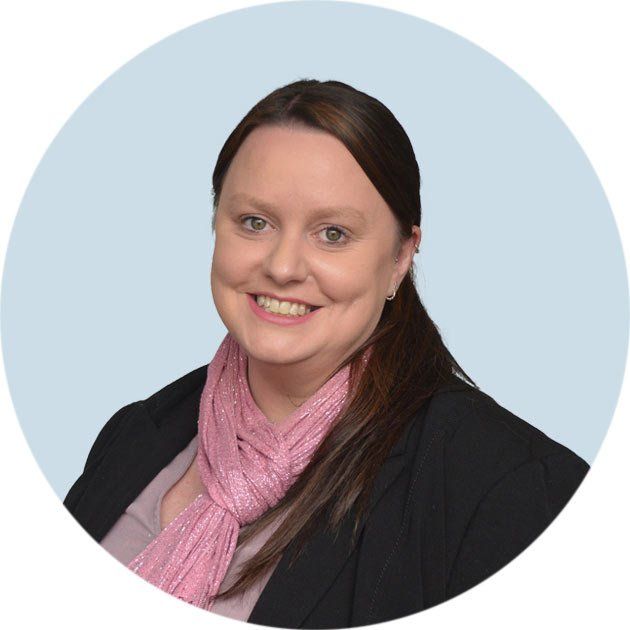How Your Super Can Help You Buy Your First Home
Considering the housing boom over the past 18 months, it can be a daunting thought to first home owners; ‘How are we ever going to afford to purchase our first home with the current house prices?’
A strategy that could help save for that deposit (and also save you tax) is the First home super saver scheme (FHSS). The FHSS was first introduced by the Australian Federal Budget 2017-2018 and it was introduced to allow first home buyers to save for their deposit inside their super fund. The idea behind it is to help buyers save faster with the concessional tax treatment of superannuation.
Currently under the FHSS, first home buyers can use up to $15,000 of voluntary super contributions each financial year (up to a total of $30,000) to assist them with purchasing their first home. From 1 July 2022 the maximum amount that can be released from super will be increased up to $50,000.

Tamara Vawdrey
A key advantage of FHSS is you could potentially end up paying less tax than you would compared to saving for a deposit in a regular savings account.
An important thing to remember is that you can only release the money you have contributed (plus the earnings on those contributions), the contributions from your employer can not be released.
Three things to keep in mind about making voluntary super contributions are:
- Voluntary contributions can be made by entering into a salary sacrifice arrangement with your employer;
- You can make a voluntary contribution from your after-tax income and then submit a notice of intent with your super fund and claim a tax deduction when you complete your tax return;
- There are caps on the amount of concessional contributions for each financial year, for the 2021/2022 financial year the cap is $27,500. Please note that this cap includes contributions from your employer.
Some important things to take note of are:
- You must apply for and receive an FHSS determination from the ATO prior to signing a contract for your new home – you can make this application through your MyGov account.
- To be eligible you must never have owned a house in Australia and not previously applied for a FHSS release of funds from superannuation.
- Once your FHSS have been released you have up to 12 months from the date you requested the release of FHSS to sign the contract for your new home.
If you would like to discuss how this strategy can benefit you directly, please contact our office and book an appointment with one of our Financial Planners.
Episode 37
Using your Superannuation to buy your first home? Sounds good doesn’t it? Tamara Vawdrey (Financial Planner) is joined by Danny Archer (Financial Planner) and Gavin Nash (Host) as they chat about the FHSS scheme designed to help first home buyers enter the property ownership market.
Available on Apple, Google Podcasts, Spotify and on our website.
Latest News







